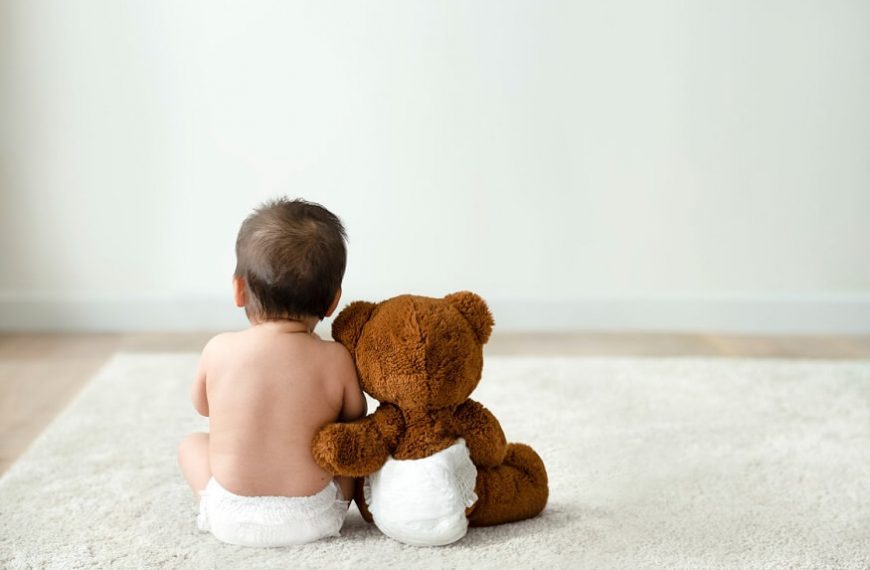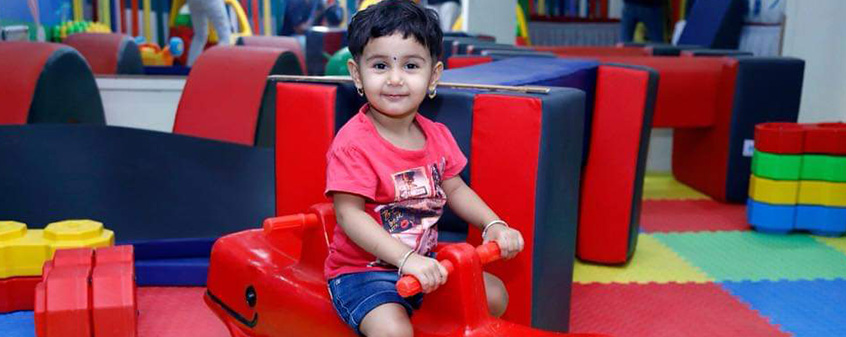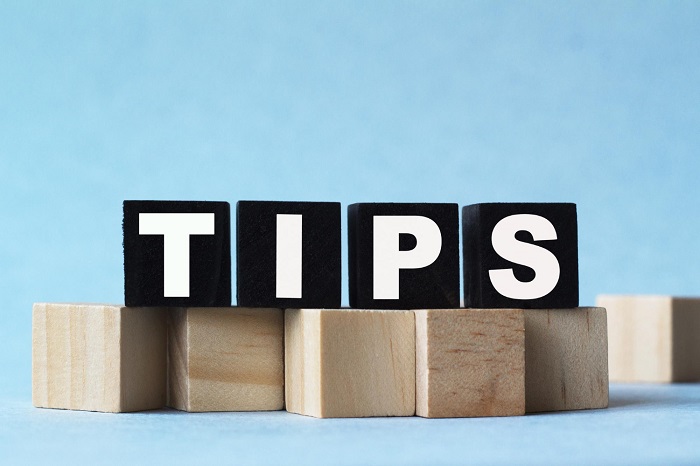Celebrate and Cherish Baby Milestones
Whether you are a first-time parent or have had kids earlier, baby milestones will always be emotional and memorable for you. Some parents keep track of monthwise milestones for babies, and others just focus on the essential milestones for babies. Different milestones for kids have different emotions, sense of achievements and accomplishments, rituals and functions attached.
Seeing their child grow and develop is one of the most rewarding parenting experiences. In parenting stress, new parents often miss or stop enjoying the different milestones their little ones accomplish.
If you have been missing out on baby milestones, do not worry. We have got your back. Here we outline different baby milestones so you can enjoy and cherish them.
What are Baby Milestones, and when to expect them?
Developmental abilities that infants typically pick up during the first few years of life are called “baby milestones.” These skills include physical, cognitive, social, and emotional abilities necessary for growth and development. Since infants grow fast as new parents, you might witness month-wise milestones for babies.
Children grow fast, and some changes are visible, like a baby learning to crawl. In contrast, other changes may not be very noticeable. Understanding baby milestones’ around the changing growth and development is significant as a parent. Parents should monitor what they are going through and identify any issues. A lack of awareness can cause failures. The progress of the child could be limited.
Some of the sweetest baby milestones include –
First smile- A baby’s first smile can melt everyone’s heart. It is a welcome sign of the baby’s growing social skills. It can start around 2 months. These smiles can be reflexive actions also.
- Rolling over – Babies roll over between the ages of three and six months, first from their back to their tummy and then back to their rear. This is a significant turning point in motor development. Be sure to watch the child closely, and do not leave him unattended.
- Sleeping through the night- New parents often have difficulty getting enough rest and sleep. When the baby sleeps through the night, they are overjoyed. This happens at around four months. The baby can doze off for six uninterrupted hours.
- Introduction of solid foods- Solid foods can be introduced between four and six months. The child’s growth and attempts at new experiences excite the parents. They enjoy watching what the elderly are eating. To get the youngster to accept the flavor and texture of the fresh food, try to feed it to them at least 4-5 times.
- Sitting up- Babies start to sit up unaided at the six-month mark. This opens up a whole new realm of play and exploration.
- First words- Simple words like “mama” or “dada” is a huge milestone and a significant step towards communicating. From 3-4 months, they will begin babbling and cooing. At about 4-6 months, the next step is to cry out “mama” and “dada.” The child will attempt to utter the critical words, such as eat, play, and toys, after 10-12 months. They will have the language to express their demands in brief words by 12-15 months.
- Standing up- Babies begin to pull themselves to a standing posture between the ages of 8 and 12 months, using help from furniture or carers.
- Walking- Between 9 and 12 months is the typical age for a baby to take their first steps, while some may do so earlier or later. This represents a significant step towards independence and gross motor development.
- First birthday- Your child’s first birthday is a significant milestone for both parents and children. It signals the conclusion of the first year of life and the start of many new adventures.
While this is a general summary of month-wise milestones for babies, the timing of different milestones for kids may vary. Hence, it is advisable to not fret; if the child continually misses the timeline, you should consult a doctor.
Is the Timeline for Baby Milestones common for all kids?
Not every infant follows the same timeframe for reaching baby milestones. Every child develops at their own rate, even though there are general age ranges for when babies get particular milestones. It’s natural for some babies to reach developmental milestones earlier or later than others.
Genetics, environment, diet, and personal temperament are among the variables that influence the development and different milestones of babies attached to it. Moreover, certain infants may experience developmental problems that affect their ability to reach milestones.
It’s critical for parents to monitor their child’s unique growth and to consult their pediatrician if they have any worries. Your child’s doctor can explain what to anticipate and let you know if there are any indications of developmental delays that call for additional testing or treatment.
How to record Baby Milestones
Recording the milestones for babies is a great way to track their development and create special memories that you can look back to. Here are some tips on how to record the sweetest milestones for babies:
- Take photos and videos: Take pictures and videos of your child’s developmental milestones, such as their first grin, first steps, and words, using your phone or camera. You can print them out to create a baby book as a hard copy or make a digital album with them.
- Write it down: Record baby milestones in a journal or notepad. Include the time, what they did, and any memorable moments you want to remember. This can help to keep track of month-wise milestones for babies.
- Use milestone cards: Milestone cards are cards that allow you to record the date and different baby milestones and will enable you to take pictures of them. You can make your own milestone cards or buy pre-made ones.
- Create a memory box: Put the sentimental objects in a memory box so you can recall them in the future such as their first clothing or a lock of hair.
- Use milestone apps: You may track your baby’s developmental milestones with various applications, including Baby Milestones and Tinybeans. These applications allow you to record milestones with photographs and notes and frequently offer tips on what to anticipate and when. This can help to record different milestones for kids.
No matter whether you formally document your baby’s milestones, the most crucial thing is to enjoy and cherish them and be in the moment while it happens.
Conclusion
Recording and keeping track of baby milestones is as essential as taking time out to enjoy them. While each child has a different timeline, keeping a pediatrician in the loop is necessary if your child continually misses the standard milestones.
At Eurokids Preschool, we understand the importance of tiny baby milestones in a child’s development. Hence, we click many pictures and record videos from time to time so that you can experience the different milestones of kids during their learning journey. Visit your nearest Eurokids center to learn about our latest programs and preschool admissions.
















